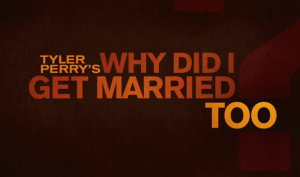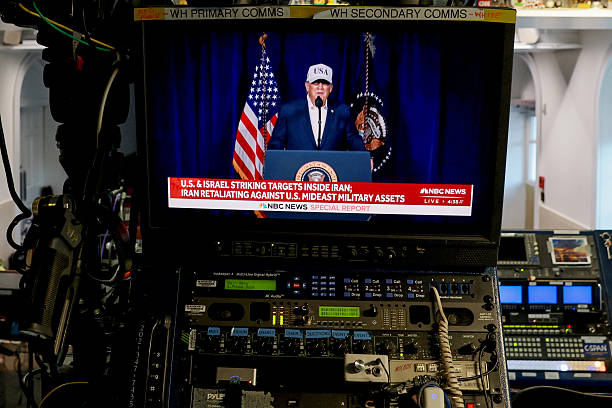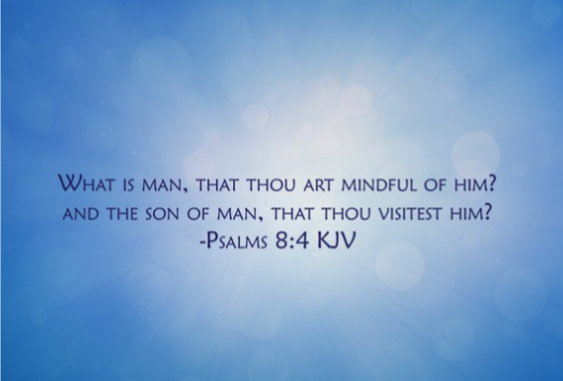(ThyBlackMan.com) I’ve always had a problem with Tyler Perry. Not the man, mind you – he’s always seemed like a fairly generous, warm-hearted guy – but the “performer.” I say performer instead of artist or talent because I don’t believe he is either of those. He performs. He is theatrical in virtually every way, and I would argue, the worst way.
His characters don’t speak their lines so much as project them as if they’re trying to be heard in the back row of a playhouse. This may make for entertaining theater but it’s deadly on a big screen where a little dose of subtlety can do wonders.
Maybe it was the fact that he felt the need to brand everything he does with his own name. Or that he insists on perpetuating the played-out comic conceit that the best way to portray middle-aged black women is to put a  man in drag and have him traffic in the worst, most clichéd stereotypes. His trademark character, Madea, always struck me as a garish monstrosity. Sure, she delivers homespun wisdom but she’s also quick to resort to pulling out a gun if words won’t do.
man in drag and have him traffic in the worst, most clichéd stereotypes. His trademark character, Madea, always struck me as a garish monstrosity. Sure, she delivers homespun wisdom but she’s also quick to resort to pulling out a gun if words won’t do.
His latest film, a sequel to Why Did I Get Married, revisits four affluent couples (which include veteran actors like Malik Yoba, Michael Jai White and Sharon Leal, as well as pop stars Janet Jackson and Jill Scott) from the previous Perry film who, for completely contrived reason, go on a retreat in the Bahamas once a year to revel in their dysfunction and reminisce about why they got married in the first place. You’ll be wondering that yourself as these four incredibly uncharismatic couples alternate between deceiving and demonizing each other endlessly for two hours.
Janet Jackson plays the supposedly most stable of the women. She’s the best selling author of a relationship guide. Jackson is never believable as a love doctor and as the film progresses her story arc becomes so ludicrously campy her role grows downright demeaning. Jackson is shot in the most harsh, unflattering light and her plotline (each of the couples’ stories reach a protracted conclusion once the action abruptly shifts back stateside) has a surprise twist resolution that may be one of the most unintentionally hilarious scenes I’ve ever witnessed.
Still, far worse than Jackson is Tasha Smith’s over-the-top Angela. Once again, Perry pushes stereotypes of ignorant, caustic black women for cheap laughs. I cringed every time this shrill, relentless character was on screen. Smith does have some decent comedic timing but she’s saddled with an atrociously protracted subplot about suspecting her husband (Michael Jai White, who acts understandably exasperated) is cheating and obsessing over his cell phone code that is played out like something from an Amos N’ Andy episode.
At one point Smith’s character even approaches her bedroom with a knife, anticipating her husband in bed with another woman, only to trade up for a pistol that she promptly starts shooting recklessly at a couple she finds cavorting in bed. This scene is supposed to be uproarious and it may have some audiences cracking up, but it completely ignores the memories of minstrelsy it conjures up.
In Perry’s world the women are all horribly needy, insecure and in some cases vindictive. The men, however, fare far worse. It’s as if Perry has no concept of how heterosexual men behave around each other or with the opposite sex. In an early scene, each male lead is clumsily introduced one after the other in stale, interminable shots. They can’t bare to be around their wives for more than a few seconds–so they flee to a badly edited scene where they all sit on jet skis and talk the most simplistic “guy talk” while the camera awkwardly lingers on their pectorals, Perry himself, plays the one nominal “nice guy” of the bunch but he, like all the other men in the film function under the faulty premise that men and women can never truly be on the same page.
As a piece of filmmaking, Why Did I Get Married Too? fails on almost every conceivable level. I don’t recall a single scene that isn’t overrun with dialogue screamed at a fever pitch or delivered with the sanctimonious earnestness of a bargain basement after school special. The tone shifts wildly from what is supposed to resemble comedy to overheated melodrama that would make the writers of most daytime soaps roll their eyes. It seems to exist in this alternative universe where everyone says exactly what is on his or her mind at every waking moment. Meanwhile every episode that is supposed be spastically funny is flat and boring and every sensationally “intense” moment inspires uncomfortable laughter.
The only performer who emerges from this mess with their dignity is Jill Scott. Although the lines she’s given are awful, she delivers them with real feeling and at times her characterization of the sincere, but put-upon Shelia is almost touching. In a better film Scott would shine and therein lies one of the greatest Perry paradoxes.
Perry is the only major Hollywood director out there right now specifically making films for and about black women and he deserves to be commended for that. In typical Hollywood movies, Scott would at best be lucky to play the white lead’s sassy black friend. But in a Perry film not only is she the lead, she has two men vying for her affections.
Perry has consistently featured black actresses long overlooked or forgotten by mainstream Hollywood studios. When was the last time you saw Angela Bassett, Lynn Whitfield or Cicely Tyson in a big budget, hit film? He appears dedicated to giving this woefully under-appreciated part of society a chance to shine on the silver screen. All of this is admirable and would be laudable if only the work was as great as the women laboring through it.
At their best, films are meant to be a reflection on our world, or in some cases the world or worlds we wish we were in. Unfortunately, African-American women are rarely given a prominent place in these fantasies. Young black men like myself can put ourselves in Denzel Washington’s shoes or Will Smith’s – but black women are either usually comical relief or in the case of Perry’s films one dimensional cartoons. Still, without a viable alternative is it any wonder so many black women buy what Perry is selling?
But Perry is an industry powerhouse and I have no doubt his built-in audience will turn Why Did I Get Married Too? into another profitable hit in his assembly line of spirituality-infused soap operas.
So how do you solve a problem like Tyler Perry? I think you start by pressuring the studios to let black women tell their own stories for a change.
Written By Adam Howard

















Leave a Reply